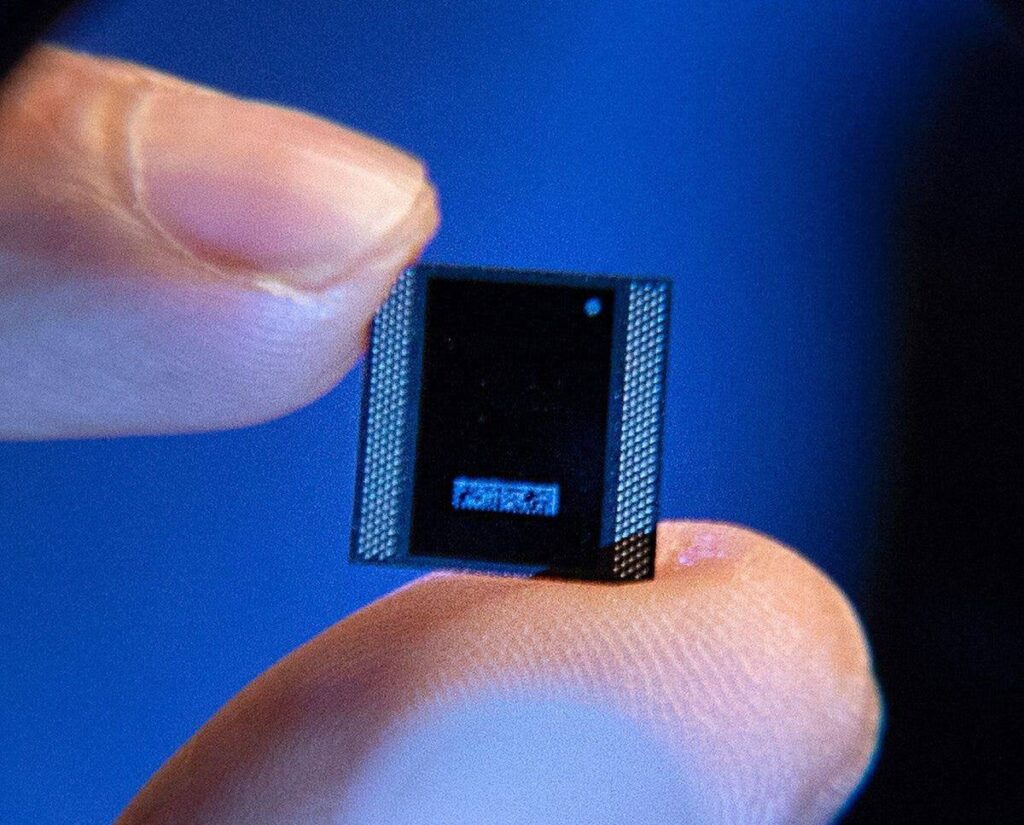According to a report from the China Academy of Information and Communications Technology, from January to May, the total mobile phone shipments in the Chinese market totalled 108 million units, a year-on-year decrease of 27.1%. Reports from China show that the “wage growth cannot keep up with the doubling of mobile phone prices”. So is there any way to improve hand performance without changing the phone? Engineers at the Massachusetts Institute of Technology have recently developed a new chip that keeps smartphone devices up to date.
Read Also: HTC is BACK!!! What happened to the ex-world No 1. smartphone brand?
Need a new smartphone – just replace the chips
The Lego-like chip design It consists of two layers, one with alternating sensing layers, the researchers said. The other layer is the light-emitting diode layer used for the chip to communicate optically. In their new chip design, the researchers also paired image sensors with an array of artificial synapses. The traditional method is to pass the sensor’s signal to the processor through the physical wire.
Furthermore, the team fabricated an optical system between each sensor and the artificial synapse array to enable communication between the layers without requiring physical connections. In addition, professionals can easily configure, swap, stack and add new sensors and processors.
In this way, people only need to implant chips with the latest sensors and processors in their phones to upgrade their phones to the latest version without having to buy a new phone. This way, users do not need to buy smartphones over and over. This also helps to reduce e-waste.
addition, Google has previously worked on Project Ara, a modular phone project designed to allow users to add or remove extra batteries, cameras, speakers and other components at any time. However, the Project Ara project was finally cut off, and Google has not disclosed the specific reason. It is possible that Google is not optimism about the marketization of modular mobile phones. It is hoped that MIT’s Lego-style AI chip can be commercialized, allowing users to realize the freedom of mobile phone customization.

